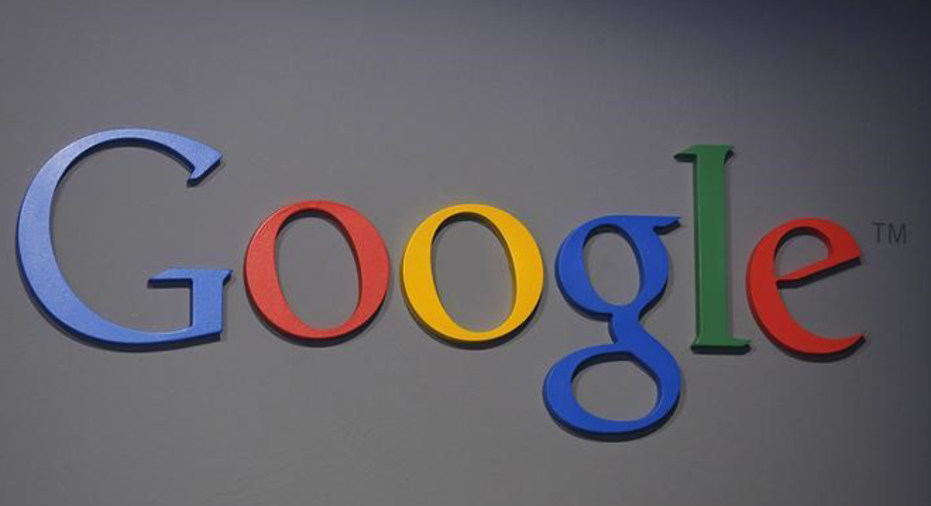Google Faces New Hurdle in Oracle Copyright Fight

Google Inc. faces longer odds in convincing the Supreme Court to intervene in a copyright battle with Oracle Corp. after the Obama administration urged the justices not to hear the case.
Oracle sued Google in 2010 and has sought more than $1 billion in damages, alleging Google's Android smartphone operating system infringed its copyrights on the Java platform, which it acquired from Sun Microsystems the same year.
Google sought Supreme Court review last October after a federal appeals court ruled for Oracle and held that 37 packages of prewritten Java programs, known as application programming interfaces, were entitled to copyright protection.
The justices in January asked the Obama administration to weigh in, and U.S. Solicitor General Donald Verrilli responded with a brief this week, saying one of Google's key arguments against copyrights on the Java packages "lacks merit." He argued the Supreme Court should decline to consider the case, particularly because it hasn't been fully resolved in the lower courts.
Mr. Verrilli's brief said Google had raised "important concerns about the effects that enforcing [Oracle's] copyright could have on software development," but he said those concerns could be addressed through the doctrine of fair use, which allows for copying in certain circumstances.
A Google spokesman said, "While we're disappointed, we look forward to supporting the clear language of the law and defending the concepts of interoperability that have traditionally contributed to innovation in the software industry."
An Oracle spokeswoman said the company was pleased with the government's recommendation, which "affirms the importance of copyright protection as an incentive for software innovation."
Lower courts haven't yet resolved Google's arguments that its alleged use of the Java packages was fair.
The Supreme Court doesn't always take the advice of the solicitor general, but it normally gives the government's views considerable weight in deciding how to proceed. The justices could say in June whether they will hear the case.
Google wants the high court to hear the case and limit how software makers can use copyright law to assert exclusive rights over computer programs. It argues Oracle shouldn't be able to claim copyrights on basic software commands.
Oracle says its code was original and highly creative and argues Google plagiarized its work without permission. It told the Supreme Court that Google's position would gut legal protections that are crucial in the software industry.
(By Brent Kendall)



















